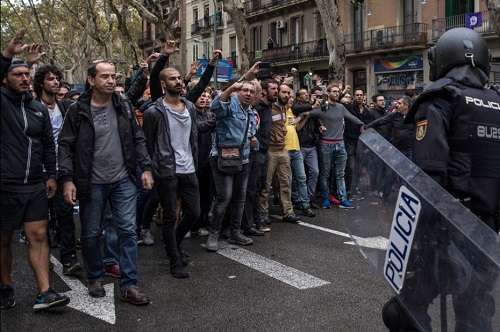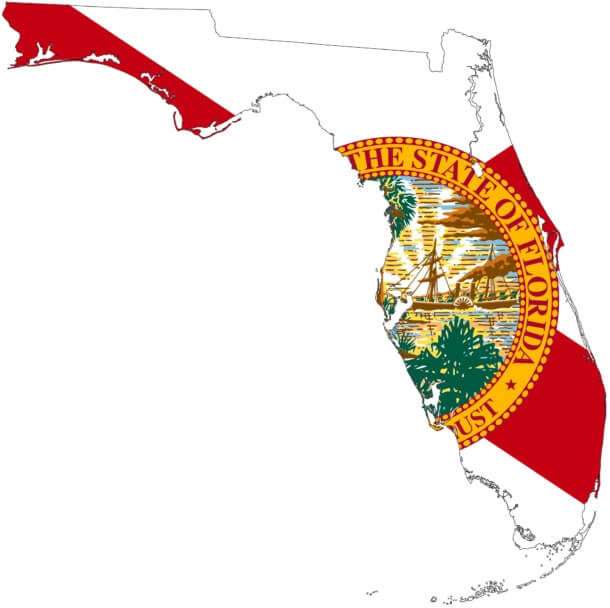I have written many times in the past about the singular conflict at the core of most human crises and disasters, a conflict that sabotages human endeavor and retards critical thought. This conflict not only stems from social interaction, it also exists within the psyche of the average individual. It is an inherent contradiction of the human experience that at times can fuel great accomplishment, but usually leads to great tragedy. I am of course talking about the conflict between our inborn need for self determination versus our inborn desire to hand over responsibility to a community through group effort — sovereignty versus collectivism.
In my view, the source of the problem is that most people wrongly assume that “collectivism” is somehow the same as community. This is entirely false, and those who make this claim are poorly educated on what collectivism actually means. It is important to make a distinction here; the grouping of people is not necessarily or automatically collectivism unless that group seeks to subjugate the individuality of its participants. Collectivism cannot exist where individual freedom is valued. People can still group together voluntarily for mutual benefit and retain respect for the independence of members (i.e. community, rather than collectivism).
This distinction matters because there is a contingent of political and financial elites that would like us to believe that there is no middle ground between the pursuits of society and the liberties of individuals. That is to say, we are supposed to assume that all our productive energies and our safety and security belong to society. Either that, or we are extremely selfish and self serving “individualists” that are incapable of “seeing the bigger picture.” The mainstream discussion almost always revolves around these two extremes. We never hear the concept that society exists to serve individual freedom and innovation and that a community of individuals is the strongest possible environment for the security and future of humanity as a whole.
Thus, the mainstream argument becomes a kabuki theater between the “ignorantly destructive” populists/nationalists/individualists versus the more “reasonable” and supposedly forward thinking socialists/globalists/multiculturalists. The truth is, sovereignty champions can be pro-individual liberty and also pro-community or pro-nation, as long as that community is voluntary.
Collectivists will have none of this, however, and despite their intellectual and “rational” facade, they will often turn to brutality in order to disrupt any movement to decentralize power.
The civil unrest in the Spanish region of Catalonia is an interesting example of the tyranny of the collectivist ideology. According to mainstream doctrine, Spain is supposed to be a “decentralized unitary state” made up of “autonomous communities,” all with their own statutes and self governing bodies “loosely” regulated by the Spanish constitution of 1978. Catalonia, along with a couple other regions and cities in Spain, has long fought for true autonomy from the central government in Madrid. This separatist culture was crushed under the heel of Francisco Franco’s dictatorial regime after the Spanish Civil War which started in 1936.
After Franco’s death in 1975, Spain began its “transition to democracy” (democracy being the tyranny of the majority rather than tyranny by military regime). Once again, Catalonia’s push for independence returned.
Continue: Catalan Independence: Why The Collective Hates It When People Walk Away



